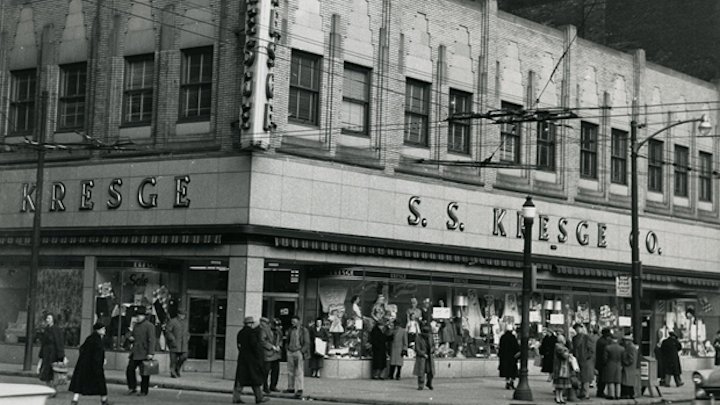I'm borrowing this from a post I made to another blog in 2011
The following photos are of some of the young men who were working boys at Paresis Hall (aka Columbia Hall), one of up to six New York male for male brothels in the late 19th century. It was located on Fifth & Bowery, off of Coopers Square. The photos date from 1890 - 1899 and were either sold or given to clients.
The following photos are of some of the young men who were working boys at Paresis Hall (aka Columbia Hall), one of up to six New York male for male brothels in the late 19th century. It was located on Fifth & Bowery, off of Coopers Square. The photos date from 1890 - 1899 and were either sold or given to clients.
Billy Walsh

Francis "The Horse" Kane

Amos John

Charley Ford

George Horn

Arnold Doyle

Johny Gibson

Danny Moore

Nathaniel "The Kid" Cullen

Jimmy Smith

Willy "The Bull" Pearson

Joshua

Raymond

Tim Kelly

Tommy O'Rourke



Francis "The Horse" Kane

Amos John

Charley Ford

George Horn

Arnold Doyle

Johny Gibson

Danny Moore

Nathaniel "The Kid" Cullen

Jimmy Smith

Willy "The Bull" Pearson

Joshua

Raymond

Tim Kelly

Tommy O'Rourke


The last photo is apparently of the boys masquerading as working boys of another kind. If this is in fact a true photo, it's obvious that some of the boys were quite young, in their early teens. Despite our moral perspective, I suppose it's something that shouldn't be all that surprising given the poverty of the time. Even putting aside poverty, many children left school by the time they were 14, often earlier, (the 1900 U.S. census reported only 519,000 students in public high schools, which was double what it was in 1890) and began working, taking on what we now consider to be adult roles. Something which would have carried over into areas like prostitution.
I first saw most of these photos a few years ago on a blog. I believe it was Queerpitcher which, unfortunately, is now closed. In addition to these photos there were others, including those of clients like E.C. Bald, the cyclist.

The photos of both boys and clients had inscriptions on the back, written by one of the boys named Jacob Miller from whose collection most of these came, with names, sexual preferences and sizes (I don't mean shoe size.) You can see transcripts of two of these at the following links. A word of caution, some of the language is NSFW
Two clients of Paresis Hall
Another working boy
I first saw most of these photos a few years ago on a blog. I believe it was Queerpitcher which, unfortunately, is now closed. In addition to these photos there were others, including those of clients like E.C. Bald, the cyclist.

The photos of both boys and clients had inscriptions on the back, written by one of the boys named Jacob Miller from whose collection most of these came, with names, sexual preferences and sizes (I don't mean shoe size.) You can see transcripts of two of these at the following links. A word of caution, some of the language is NSFW
Two clients of Paresis Hall
Another working boy































